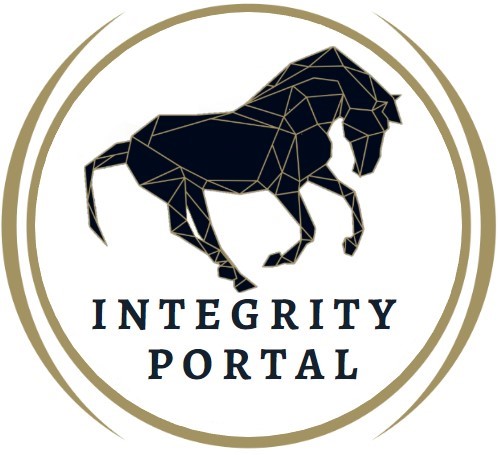The Referrals Committee, Mr Justice Tony Hunt (in the Chair), Ms Justice Leonie Reynolds and Mr Philip McLernon convened at the Offices of the IHRB, Curragh, Co. Kildare on Thursday, 10th January 2019 to consider a report from Laboratori Antidopatge De Catalunya in Barcelona, Spain, that sample of urine taken from Damien Melia, Rider, during in-competition testing at Gowran Park Racecourse, Co. Kilkenny on 15th October 2018 were found to contain a cocaine metabolite, (benzoylecgonine).
Under the Rules of Racing and Irish National Hunt Steeplechase Rules, cocaine is a banned substance because it acts as a stimulant on the central nervous system with addictive and hallucinogenic properties and is prohibited in-competition pursuant to the World Anti-Doping Agency Prohibited List International Standard as adopted by the Irish Horseracing Regulatory Board. Mr. Melia asked for the “B” portion of the sample to be analysed and the result of the analysis carried out on 19th December 2018 confirmed the “A” portion analysis.
Evidence was heard from Dr Adrian McGoldrick, IHRB Medical Officer, Damien Melia and Mark Dreeling, employer of Mr. Melia.
In his evidence Dr. McGoldrick outlined the effects of taking cocaine and outlined details of his conversations with Mr. Melia following his notification of the positive test. He said that Mr. Melia was adamant that there was no occasion where he could have taken cocaine. He also stated that Mr. Melia had positively interacted with the support structures and the view was that Mr. Melia did not have an addiction problem.
In his evidence Mr. Melia accepted that there was cocaine in both his samples but denied ever taking drugs. He outlined details of an incident that occurred during the previous evening, when he was out with his girlfriend at a night club. He suggested that his drink may have been spiked as both he and his girlfriend felt ill the next morning. This caused them to discuss the possibility that their illness was due to a spiked drink, but they dismissed this as a reasonable possibility. He said that he did not make a connection between their illness and the possibility that his drink may have been spiked until he was informed of the positive test.
In his evidence Mr. Dreeling said that Mr. Melia had worked for him for 7 years and described him as a most honourable young man who was diligent, reliable and respectful.
Having considered the evidence, the Referrals Committee noted that Mr. Melia had accepted that the samples were positive and found him in breach of Rule 277(i).
In arriving at penalty, the Referrals Committee took into account a number of factors. They accepted the evidence given by Dr. McGoldrick that Mr. Melia did not have an underlying addiction problem. They also accepted the evidence of Mr Dreeling as to the good character of Mr Melia. However, as a licensed jockey he should have been more aware of the possibility of contamination in circumstances where his degree of illness was such that he had discussed the possibility of that it had been caused by a spiked drink on the previous night. They stressed the necessity of a licence holder dealing appropriately with such a suspicion by taking medical advice, and giving up booked rides if necessary, so as to avoid a positive test and the attendant consequences. In the circumstances, a period of suspension was unavoidable.
Having considered all the evidence, the Referrals Committee imposed a suspension on Mr. Melia’s licence for 4 years with effect from 24th January 2019. In the light of the evidence outlined above, they stated that he could reapply for a licence on 23rd October 2019 provided he complied with any requirement set by Dr. Jennifer Pugh, IHRB Senior Medical Officer. Thereafter they advised that if there were any further breaches of rules in relation to anti-doping until 23rd January 2023; the suspended period of 2¼ years sanction may be reactivated in addition to any further sanctions which may be imposed in respect of the further offences. Costs of €250 were awarded to the IHRB.
The case was presented by Cliodhna Guy, Solicitor, Head of Licensing, Legal and Compliance. Damien Melia was represented by Andrew Coonan, Coonan Cawley, Solicitors, Naas, Co. Kildare.

